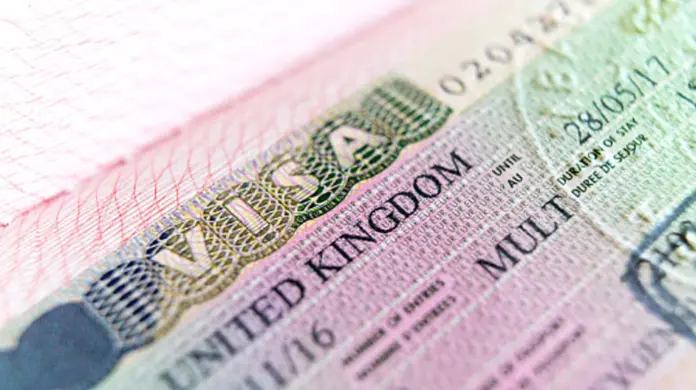
Pakistani Students May Face Stricter UK Visa Rules Amid Immigration Crackdown
Pakistani students aspiring to study in the United Kingdom may soon find themselves navigating stricter visa requirements as the UK government prepares to unveil a new immigration policy aimed at curbing misuse of student visas. According to early reports, Pakistan is among several countries—alongside Nigeria and Sri Lanka—likely to be directly affected by the changes.
The upcoming immigration “white paper,” expected to be released next week, is said to contain provisions that will tighten student visa regulations for applicants from nations with higher post-arrival asylum rates. Government insiders suggest that the move is in response to growing concerns over immigration abuse, particularly individuals entering the UK on student visas and subsequently seeking asylum.
Recent statistics indicate that over 100,000 asylum applications were filed in the UK over the past year, with an estimated 16,000 of those submitted by individuals who originally entered the country on student visas. While specific country breakdowns have not been officially disclosed, sources within the UK Home Office have identified Pakistan, Nigeria, and Sri Lanka as having some of the highest post-arrival asylum rates.
UK officials argue that the current system has loopholes which are being exploited, putting pressure on public services and undermining the integrity of the visa process. The proposed tightening of rules aims to filter out ineligible applicants and focus resources on genuine students. The measures under consideration may include extended visa processing times, more rigorous background checks, and stricter financial documentation requirements.
The development has already raised alarm among thousands of Pakistani students who dream of pursuing higher education in the UK, one of the most popular study destinations for South Asians. Many fear that the new policy will unfairly penalize legitimate students due to the actions of a few who exploit the system for non-academic reasons.
Community leaders and education advocates warn that these restrictions could harm educational and cultural exchange between Pakistan and the UK, while also affecting universities that rely on international tuition fees. “Genuine students contribute enormously to the UK economy and enrich academic institutions,” said an education consultant based in Lahore. “It would be deeply unfair to close the doors on them because of a small minority misusing the system.”
The move comes amid mounting political pressure on the British government to address public concerns over mass migration. Net migration to the UK hit a record high of 728,000 in 2024, fueling debates about national identity, infrastructure strain, and resource allocation. Immigration has remained a polarizing issue in UK politics for over a decade and played a central role in the Brexit referendum.
Critics of the new policy argue that it oversimplifies a complex issue and risks damaging the UK’s global reputation as an inclusive and world-class educational hub. Conversely, supporters say stronger border controls are necessary to protect national interests and uphold the credibility of the immigration system.
In 2023, Indians made up the largest group of migrants entering the UK, followed by Nigerians and Chinese. The overall rise in migration has largely been attributed to student arrivals, care workers, and their family members.
While the economic impact of immigration remains contested, it is widely accepted that migrants not only fill labor shortages but also contribute significantly through taxes and community services. However, the burden placed on housing, healthcare, and public infrastructure continues to fuel tensions.
As Pakistani students and their families await the release of the UK’s immigration white paper, many are left in limbo, uncertain about how future policies will shape their educational ambitions. For now, the message from the UK government is clear: student visa scrutiny is tightening, and only the most qualified and transparent applicants are likely to succeed in gaining entry.
This article is originally published on: pakobserver





